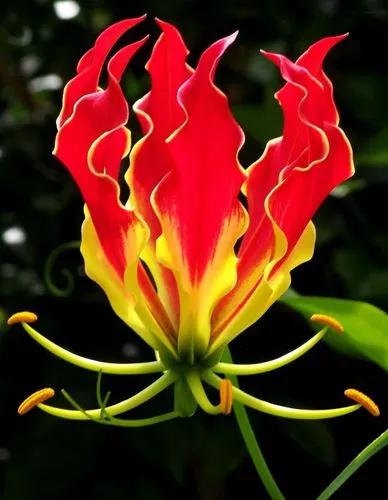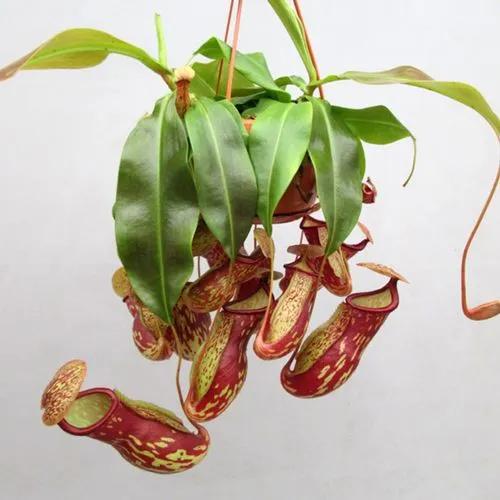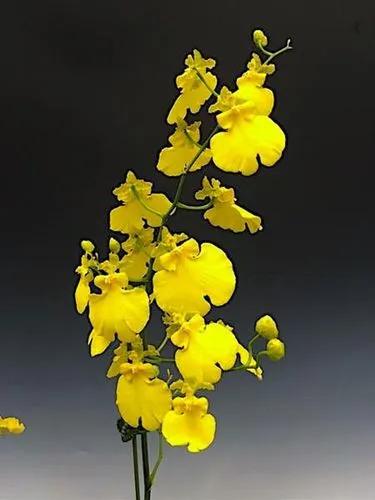Aesculus hippocastanum is a species of flowering plant in the soapberry and lychee family Sapindaceae. It is a large deciduous tree, known as horse-chestnut or conker tree. It is cultivated in streets and parks throughout the temperate world.
Horse-chestnut Care
Aesculus hippocastanum



The horse chestnut can grow up to 25 meters (85 ft) high. It has a broad and spreading crown with a low crown base. The buds of the chestnut are large, ovate pointed, green-brown and often sticky. Underneath the buds there are noticeably large leaf scars. The bark of the trunk is first smooth and later slightly cracked. The color of the tree bark is brown to gray-green. The chestnut leaf is fingered, often with seven (5-7) cut leaves. The leaf is up to 20 cm (8 inch) long. The leaf color looks dull, the leaf margins are double sawn. The of the chestnut are erected like a flower (flower candle) The inflorescences are 20 - 30 cm (8-12 inch) high. The flower color is white to yellow-red. The chestnut flowers in May.
How to Care for the Plant

Water

Water newly planted trees regularly. Established trees require little care.

Fertilizer

Feed your chestnut tree once per year in the spring after the last frost has passed and the soil is warm enough to be worked easily and absorb the applied water and nutrients. Use a complete granular fertilizer that is nitrogen-rich and has a guaranteed analysis of 30-10-10 or 20-6-6. Apply the fertilizer to the soil surface at a rate of 1 lb. for every 50 square feet of soil surface.

Sunlight

Full sun and partial shade are best for this tree, meaning it prefers a minimum of four hours of direct, unfiltered sunlight each day.

Soil

These trees prefer well-drained, but moist, humus-rich soils.

Temperature

Trees are very hardy when dormant, but the young growth in spring can be damaged by late frosts. They can be grown in the areas with the lowest winter temperatures of -34.4°C (-30°F).

Popularity

1,497 people already have this plant 313 people have added this plant to their wishlists
Discover more plants with the list below
Popular articles






